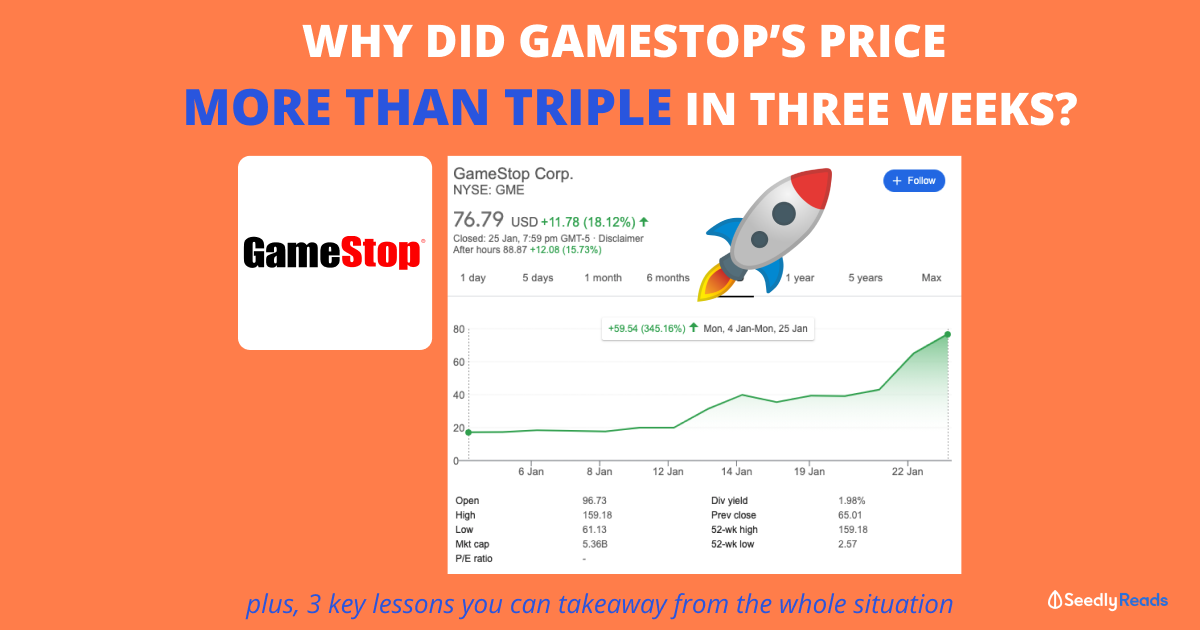Advertisement
Anonymous
37y.o female looking to get a life plan with ECI. Had been introduced 3 plans of $200k coverage and cannot decide which to go for. Is $200k enough?
3 plans:
A) old CI definition, multiplier till age 70yr old. 50% payout on ECI, (Premium waiver) $303/mth. (Surrender value at 75 yr = premiums paid)
B) old CI definition, multiplier till age 65 yr old. 100% payout on ECI. $318/mth (Surrender value at 75 yr less than < premiums paid)
C) new CI definition, multiplier till age 70 yr old. 100% payout on ECI. $307/mth (Surrender value at 75 yr = premiums paid)
Just what i should be looking out for in choosing and does insurance company matter?
4
Discussion (4)
Learn how to style your text
Elijah Lee
06 Oct 2020
Senior Financial Services Manager at Phillip Securities (Jurong East)
Reply
Save
Pang Zhe Liang
06 Oct 2020
Lead of Research & Solutions at Havend Pte Ltd
More information is required in order to give you responsible advice. For instance, do you need the cash value for your life insurance? If not, then we are probably looking at the wrong plans to begin with.
Next, let's assume that your priority is on early critical illness coverage. In this situation, does is make sense for the multiplier to drop at age 65? Consequently, you may receive less than mediocre coverage thereafter.
Moving on, I don't think any insurer is allowed to offer new critical illness coverage plans with the old definitions at this point. You may find more information here (Part 5) : Critical Illness Definition Changes Singapore: Clarity comes with a Cost!
And yes, obviously working with the right insurance company matters. Above all, all insurers will issue a payout when claim definitions are met. However, the Life Insurance Association Singapore does not mandate its framework for early critical illness coverage. In other words, insurers may form its own definitions for claim. With this in mind, will you prefer to have a plan with stricter or more lenient terms for payout? More Info: Life Insurance Association Singapore (LIA) Critical Illness Framework 2020
Finally, I will suggest for you to do a comprehensive review on your existing insurance portfolio first. This gives us a better understanding on what you have, and what you need. Thereafter, it will make more sense to give you the right advice to that end.
I share quality content on estate planning and financial planning here.
Reply
Save
Write your thoughts
Related Articles
Related Posts
Related Products

Income IncomeShield Integrated Shield Plan
4.4
306 Reviews
NTUC Income IncomeShield Integrated Shield Plan Preferred
$1,500,000
LIMIT PER POLICY YEAR
180 / 365 days
PRE & POST HOSPITAL
As Charged
OUTPATIENT BENEFITS
Private Hospital
WARD ENTITLEMENT

Raffles Shield Integrated Shield Plan
4.5
83 Reviews

AIA HealthShield Gold Max Integrated Shield Plan
4.2
20 Reviews
Related Posts
Advertisement







Hi anon,
Unless you have already submitted, and are currently choosing between your options, it's impossible to get any life plan with 2014 ECI definitions now. You might want to clarify that with your advisor if you have not submitted. The last submission deadline was end September.
Assuming that you have submitted already, then let's examine whether the amount of $200K is enough. The purpose of an early CI payout is to provide you with treament options and take care of your living expenses, allowing you to take time off work (or even a whole year of no pay leave) to focus on recovery. I presume that your late CI has been settled already and you just want to discuss factors relating to selecting an early CI plan. To me, some of the most important factors are:
Payout: How much am I getting for ECI? If I am getting the full $200K that's going be better than 50%, even if my premiums are waived (i.e. plan A). Also, some companies pay their cash bonus over and above the multiplier. If premium difference is small, then this is preferred as the payout amount will be more.
Covered conditions: You will want to cover as many conditions as possible, and at minimum, early and intermediate stage of all standardized CI. There are some insurers whose ECI riders don't cover even early and intermediate stage of the standard list of CI.
Multiplier duration: All things equal, a multiplier with a longer duration would be preferred, even if I have to pay 2%-4% more
Fringe benefits: Some plans have additional benefits, such as special condition coverage that does not impact your ECI payout amount, or even ICU benefits. More fringe benefits is always a good thing. Probably the last priority for consideration, but can be a tipping point if you can't decide.
Surrender value isn't really something I would take into consideration. Whole life plans aren't meant to be surrendered, but to be claimed. You get it for the protection it provides.
With respect to insolvency or the like of the insurance company; assuming you don't have any existing policy with any of these insurers, you're protected by Policy Owner's protection scheme up to $500k, including the riders.